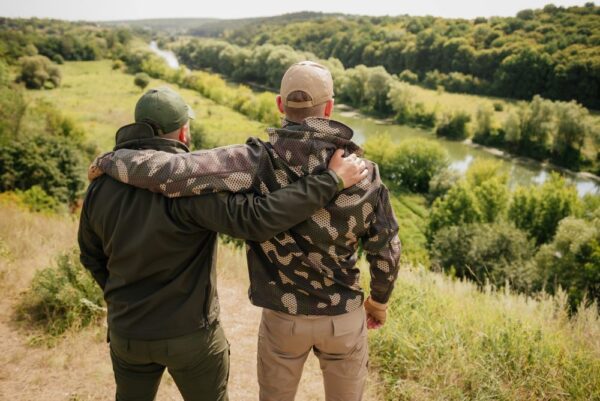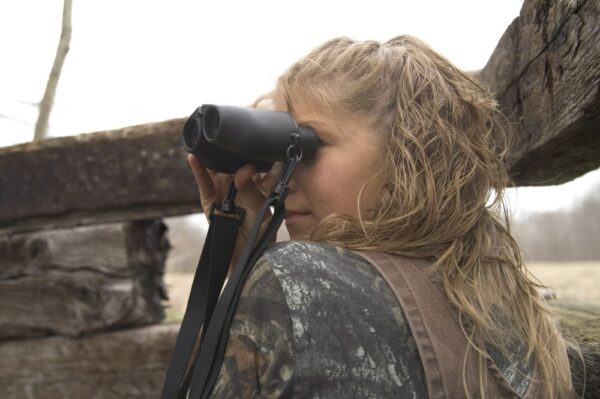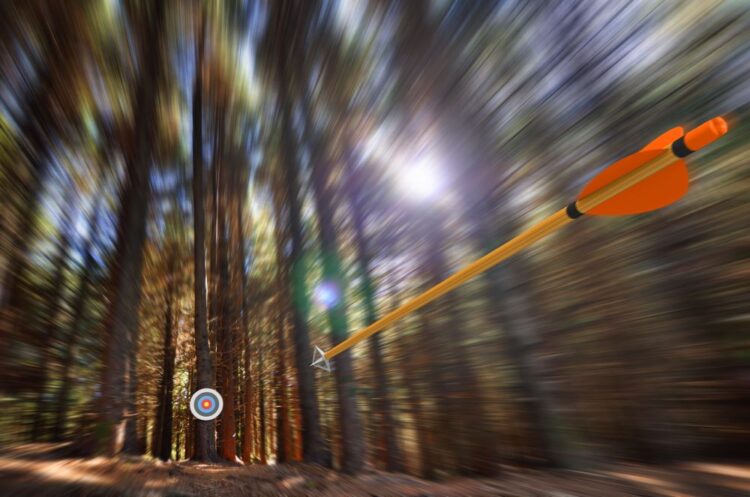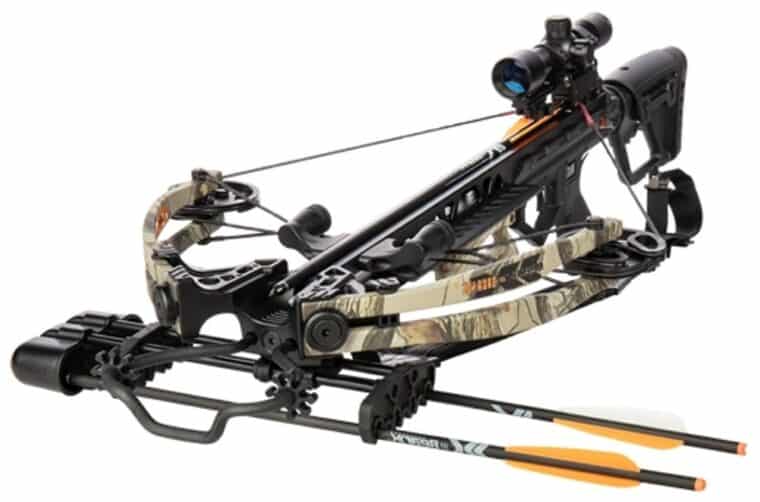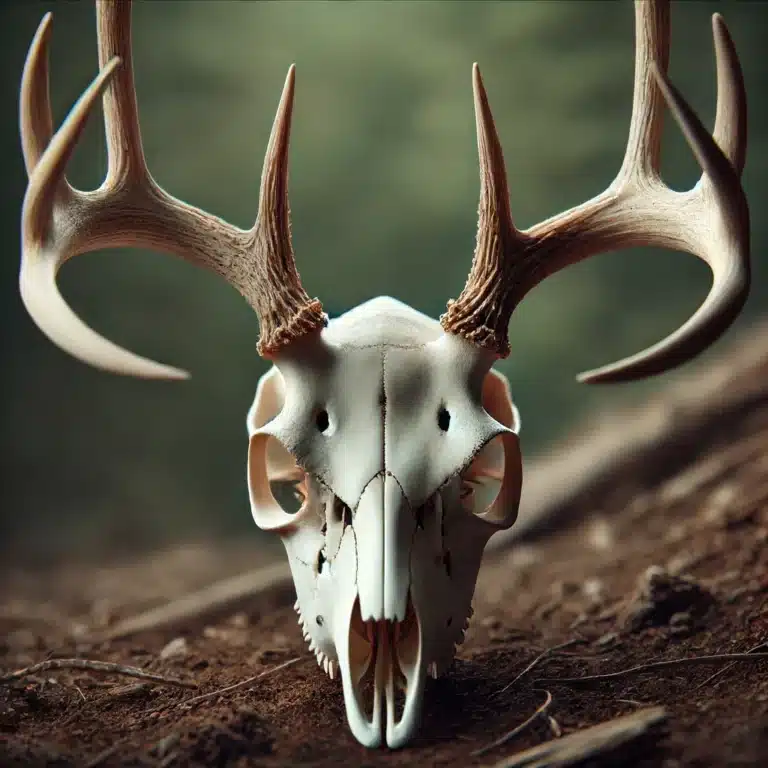Deer hunting, a cherished tradition, and thrilling outdoor pursuit, has deep roots in human history, captivating both seasoned hunters and nature enthusiasts alike. As this ancient practice continues to evolve, more individuals are embracing the excitement it offers. This blog will delve into the crucial aspect of selecting the best deer hunting caliber.
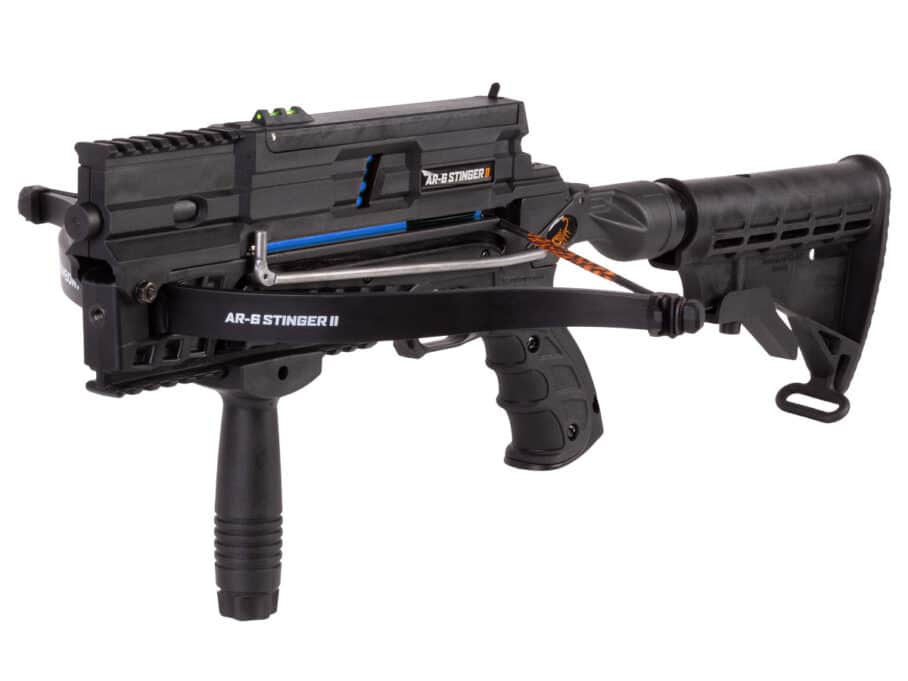
Choosing the Right Deer Hunting Caliber
Selecting the appropriate caliber is pivotal in making or breaking a hunt. The right caliber ensures humane kills and ethical hunting practices. It’s vital to understand that no single caliber fits all hunting scenarios.
Factors such as ballistic performance, legal considerations, personal preference, and comfort must be carefully considered. Ballistic performance plays a central role in choosing the ideal deer hunting caliber. It encompasses bullet trajectory, energy, and velocity, all impacting shot placement and terminal ballistics.
Legal regulations regarding firearm calibers and ammunition restrictions vary by jurisdiction. Complying with these regulations is essential to promote ethical hunting and avoid legal complications.
Personal preferences, including recoil management, should not be overlooked when choosing a caliber. Balancing power and manageability ensures optimal accuracy and shooting comfort, considering factors like physical stature and experience levels.
Factors to Consider
Understanding bullet trajectory, energy, and velocity is crucial. A flatter trajectory ensures accurate shot placement, while adequate energy and velocity provide stopping power and humane kills.
Legal Considerations
Familiarize yourself with local regulations to ensure compliance with minimum caliber requirements and cartridge restrictions.
Personal Preference and Comfort
Recoil management is vital for accuracy and comfort. Consider your physical attributes and experience level when selecting a caliber.
Popular Deer Hunting Calibers
.30-06 Springfield: Known for its versatility, this caliber offers a wide range of bullet weights suitable for game and hunting scenarios.
.270 Winchester: Renowned for accuracy, it’s ideal for long-range shooting and delivers ample power for ethical deer hunting.
.308 Winchester: Versatile and widely available, this caliber balances trajectory and bullet weight, making it suitable for various hunting environments.
.243 Winchester: With reduced recoil, it’s perfect for younger or smaller-framed hunters, offering adequate power for ethical kills within moderate distances.
In summary, choosing the right deer hunting caliber is a critical decision for hunters. Understanding factors like ballistic performance, legal considerations, personal preferences, and popular calibers empowers hunters to make informed choices that align with their ethical standards and proficiency levels.
Specialized Calibers for Specific Situations
Muzzleloaders
Muzzleloaders hold a special place in the history of American hunting traditions. These firearms, dating back to the early days of European settlement, were used by pioneers as they ventured into uncharted territories. Today, muzzleloader hunting is still cherished by many enthusiasts who appreciate the sense of heritage and the challenge it brings to their hunting experience.
Regarding legal considerations, muzzleloaders often have specific regulations that differ from modern firearms. These regulations may include restrictions on powder charges, ignition systems, and even hunting seasons exclusively dedicated to muzzleloader use.
Despite these limitations, there are advantages to using a muzzleloader. For instance, some hunters argue that it allows for a more immersive experience in the woods since you must carefully load each shot and take your time before squeezing the trigger.
Bowhunting
Bowhunting has gained popularity among deer hunters due to its unique challenges and rewards. Using a bow requires physical strength, precision, accuracy, and patience. Bowhunters must rely on their skill set to reach their target before taking a shot.
From a legal standpoint, bowhunting often has distinct seasons separate from firearm hunts. This allows bowhunters to enjoy quieter woods as they pursue their prey.
Additionally, some states may have specific requirements, such as minimum draw weights or broadhead regulations, that need adhering to. Bowhunting offers certain advantages over firearm hunting as well.
It allows for more intimate encounters with nature as you silently navigate through dense forests in pursuit of your prey. Furthermore, many experienced hunters find the challenge of bowhunting deeply rewarding since it requires honed skills and patience beyond what other forms of hunting demand.

Conclusion
Selecting the best deer hunting caliber involves carefully considering various factors such as ballistic performance, legal requirements, and personal preferences. While popular calibers like the .30-06 Springfield, .270 Winchester, .308 Winchester, and .243 Winchester are widely used for their effectiveness on deer, it is crucial to choose a caliber that suits your shooting abilities and comfort level. Moreover, exploring specialized options such as muzzleloaders or bowhunting can add a unique dimension to your hunting experience.
Muzzleloader hunting embraces the rich history of American pioneers while providing an opportunity for an immersive journey into the past. On the other hand, bowhunting offers challenges and rewards for those seeking a more intimate connection with nature.
Regardless of the caliber or method chosen, responsible hunting practices and ethical shot placement should always be prioritized. By selecting an appropriate caliber that fits your needs and skill level, you can enhance your chances of a successful and memorable deer hunting experience in harmony with traditional and modern practices.


